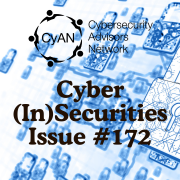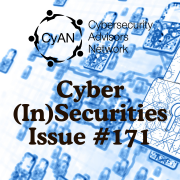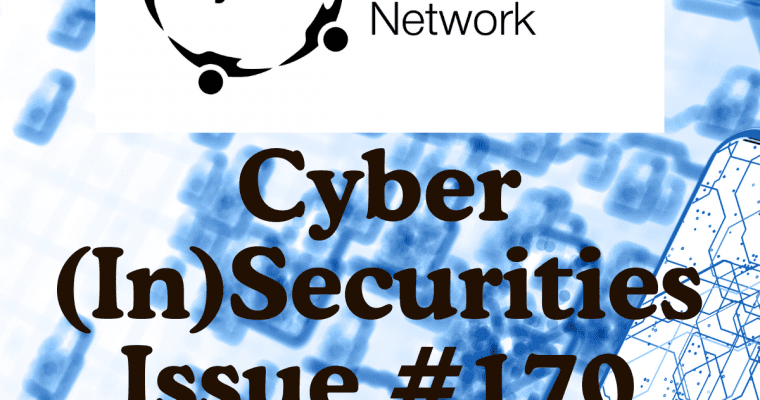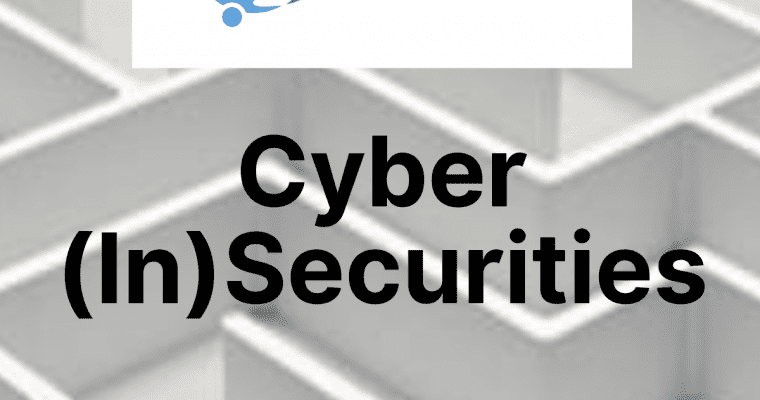The Weakest Link is Still Human: Why social engineering remains the top cyber threat and how we keep falling for it by Isobel McCaffery
If it seems too good to be true, it probably is. That was one of my mother’s favourite sayings growing up. Back then, I thought it was just her way of both avoiding doing something preventing my brother and me from arguing with her decisions. …









